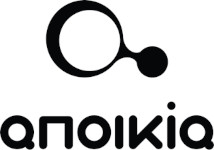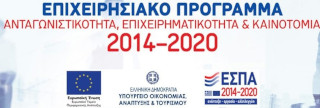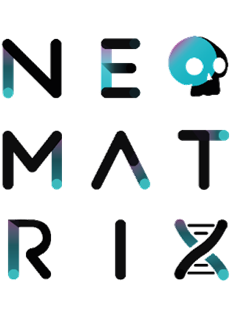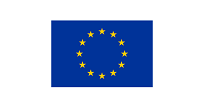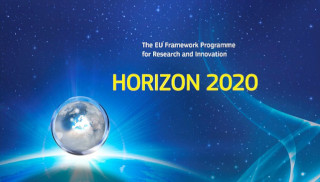Funding

Current Funding
|
|
THESEUS : THe Genomics of the CrEtan population through hiStory and timE, shaping inflammation and immUne homeoStasis, Hellenic Foundation for Research and Innovation (ΗFRI-ELIDEK) «Basic Research Financing (Horizontal support for all Sciences), National Recovery and Resilience Plan (Greece 2.0), Project Number: 14779
The Human Reference Genome (HRG) is inarguably the most important resource in human genomics, enabling major advances in human health via genomic medicine. Its latest version is a mosaic from very few humans. Recent genome projects on specific population cohorts unveiled a large amount of missing sequence data from HRG that might include beneficial and harmful traits. Our project (THESEUS) will establish a large-scale genomic reference resource for the human population of Crete, providing several opportunities for novel genomic discoveries and contributing to better insights of the genetic basis of complex metabolic traits and diseases. Through a comprehensive enomic and functional analysis of macrophage immune responses against a wide range of pathogens of an island population (Cretans), THESEUS aims to 1) assemble the first Cretan PanGenome (CPG) as a high-quality reference for population-based biomedical studies, 2) explore the genomic variants related to macrophage immunity and associations with specialized immune effector pathways of Cretans through time, enabled via comparisons to available genomes of ancient humans, 3) unveil the processes affecting their genetic constitution and 4) infer the forces that shaped human phylogeography in Crete. The CPG’s assembly will constitute a valuable resource for identifying previously undetectable disease-related variants in Cretans and thereby contribute to the increasing application of personalized medicine in clinical practice with substantial scientific and social impact. The correlation of genetic variants with distinct immune phenotypes in response to a diverse group of human pathogens and environmental stimuli will provide novel insights into physiological immune system evolution. The understanding of the genetic basis of physiological immunity of Cretans will serve as a basis for future studies on pathogenesis of multifactorial and polygenic human disorders and the design of personalized therapies. |
|
|
Theodore Papazoglou FORTH Synergy Grants: Spectra-Gen (IMBB & IESL, FORTH) In Spectra-Gen, molecular spectroscopic techniques can be used as pre-screening methods for evaluating DNA preservation in archaeological dental remains and can be utilized to develop a minimally destructive methodology that will allow us to select those ancient dental samples that exhibit a higher likelihood of yielding DNA.
|
Past Funding |
|
|
|
APOIKIA, "Ancient DNA analysis in novel multidisciplinary approach of ancient Corinthian colonization. Ancient Amvrakia and Ancient Tenea as demonstration examples". Apoikia was implemented within the framework of the special actions "AQUACULTURE" - "INDUSTRIAL MATERIALS" - "OPEN INNOVATION IN CULTURE" and co-financed by the European Regional Development Fund (ERDF) of the European Union and Greek national funds through the Operational Program "Competitiveness, Entrepreneurship & Innovation (EPAnEK) of the NSRF 2014-2020 under the supervision of the General Secretariat for Research and Innovation (GSRI) of Greece (Project code: Τ6ΥΒΠ-00191). APOIKIA was an exemplary cooperation between academic, research, cultural heritage institutions and SMEs. Our purpose is to implement the state-of-the-art of science and technology for promoting and preserving a country's cultural wealth. Ancient Greek colonization raises important questions about the processes of migration population movements, the nature of interactions and the relations between metropolis and colonies. Our goal is to provide an initial account of the dynamic qualities behind ancient population dynamics and at the same time represent novel multidisciplinary results of an integrated understanding of the ancient population dynamicsin the Amvrakia - Corinth region.
|
|
|
NEOMATRIX was a three-year international collaboration funded by the European Commission’s H2020 Twinning programme, which fosters long-term partnerships and capacity building among EU and partner institutions. The project brought together four laboratories from Turkey, Greece, Sweden, and France to train young scientists while investigating the Neolithic expansion across the Mediterranean—a pivotal but still poorly understood prehistoric event. By combining archaeology, history, archaeogenomics (ancient DNA), and biogeochemistry, NEOMATRIX explored demographic shifts and their links to cultural change, such as the pace of innovation and evolving gender roles in early farming societies. Through the shared expertise and data of its partners, the project advanced both the interpretation of the Neolithic expansion and the skills of the next generation of researchers.
|
 |
REGION OF CRETE |
 |
EUROPEAN RESEARCH INFRASTRUCTURE FOR HERITAGE SCIENCE |
|
|
The ARIADNEplus project was the extension of the previous ARIADNE Integrating Activity, which successfully integrated archaeological data infrastructures in Europe, indexing in its registry about 2.000.000 datasets. Building on these results, it expanded the research community, strengthened ties with key stakeholders, and brought together partners from across Europe. The consortium now includes leading experts in palaeoanthropology, bioarchaeology, environmental archaeology, and other fields, covering all periods of human history. |
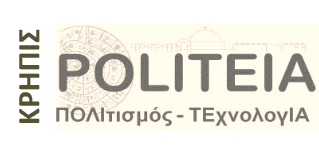 |
KRIPIS-POLITEIA (MIS 448300) - NSRF 2007–2013 (National Strategic Reference Framework) |
 |
"Action for the Strategic Development of Research and Technological Institutions", National Strategic Reference Framework (NSRF) 2014–2020, POLITEIA II |
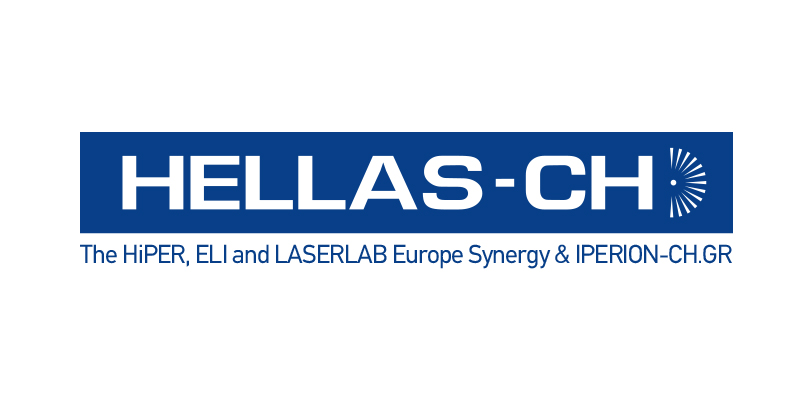 |
«ELI - LASERLAB Europe Synergy, HiPER & IPERION-CH.gr» HELLAS CH (MIS 5002735) |
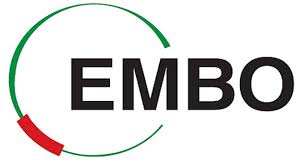 |
EMBO short-term fellowship |
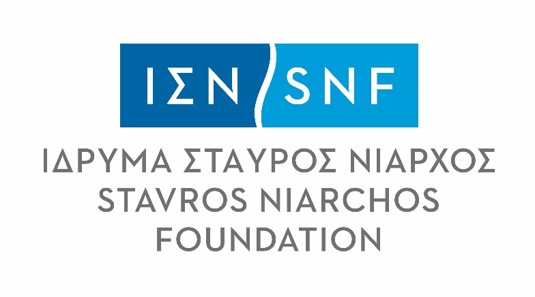 |
Stavros Niarchos Foundation (SNF) |
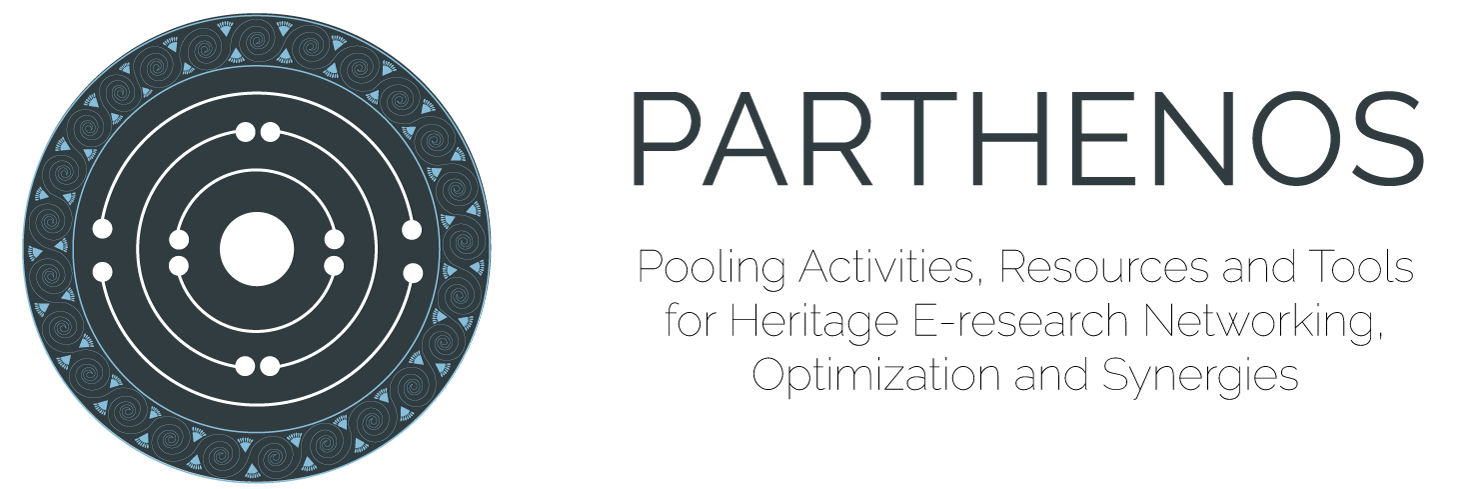 |
Pooling Activities, Resources and Tools for Heritage E-research Networking |




